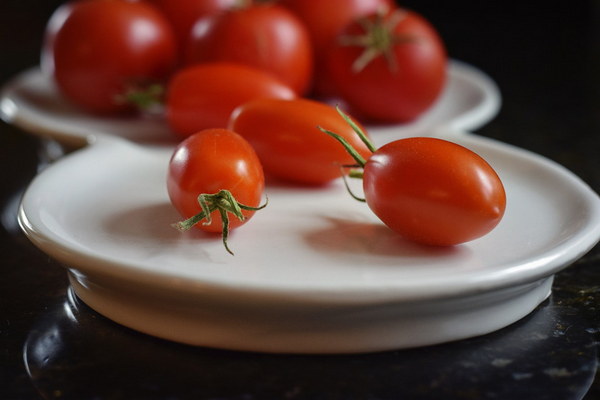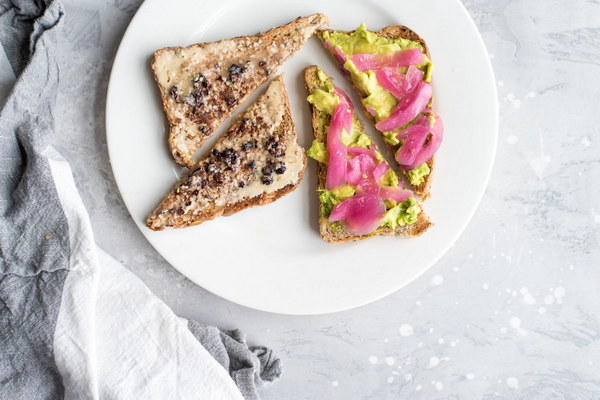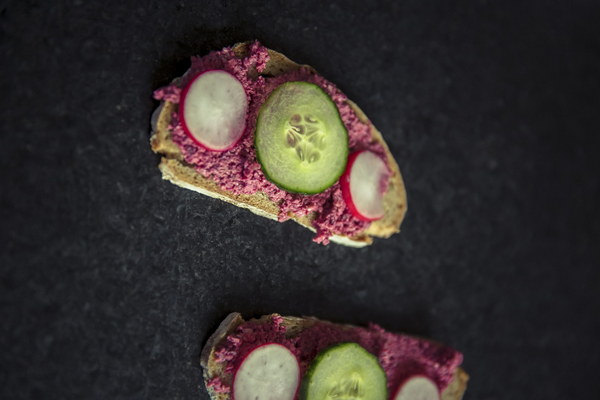Can Medicinal Wine Relieve Dampness Exploring Traditional Chinese Remedies
In traditional Chinese medicine (TCM), dampness is considered a common cause of various health issues. Many individuals seek relief from this condition through the use of medicinal wine, a popular remedy in Chinese culture. But can medicinal wine really alleviate dampness? This article aims to delve into this question and explore the traditional Chinese beliefs and scientific evidence surrounding the use of medicinal wine for dampness.
I. Understanding Dampness in Traditional Chinese Medicine
In TCM, dampness refers to an excess of dampness in the body, which can lead to a range of symptoms such as fatigue, weight gain, joint pain, and digestive issues. According to TCM, dampness is caused by an imbalance in the body's Yin and Yang, leading to a stagnation of Qi (vital energy) and fluid retention.
II. The Role of Medicinal Wine in TCM
Medicinal wine, also known as Hongjiu in Chinese, is a traditional remedy that has been used for centuries. It involves infusing various herbs and other natural ingredients in wine to create a potent concoction. TCM practitioners believe that medicinal wine has the ability to warm the body, activate Qi, and expel dampness.

III. Common Ingredients in Medicinal Wine for Dampness
Several herbs are commonly used in medicinal wine to target dampness. Some of the most popular ingredients include:
1. Atractylodes macrocephala (Cang Zhu): A herb known for its drying properties, which helps to expel dampness from the body.
2. Poria cocos (Fu Ling): A mushroom that promotes the draining of dampness and the regulation of fluid metabolism.
3. Alisma orientale (Ze Xie): A herb used to eliminate dampness and relieve edema.
4. Angelica sinensis (Dang Gui): A commonly used herb in TCM for its blood-tonifying properties, which can help to balance the body's Yin and Yang.
IV. Can Medicinal Wine Relieve Dampness?
While medicinal wine has been used traditionally to alleviate dampness, scientific evidence supporting its efficacy is limited. Some studies suggest that certain herbs used in medicinal wine, such as Atractylodes macrocephala and Poria cocos, may have anti-inflammatory and diuretic properties, which could contribute to the relief of dampness symptoms.
However, it is essential to note that the effectiveness of medicinal wine may vary from person to person, and it is not a substitute for professional medical advice. If you are experiencing symptoms of dampness, it is recommended to consult with a TCM practitioner or healthcare professional before trying medicinal wine.
V. Conclusion
Medicinal wine has been a popular remedy in traditional Chinese medicine for alleviating dampness. While scientific evidence is limited, some studies suggest that certain herbs used in medicinal wine may have properties that can help relieve dampness symptoms. However, it is important to consult with a healthcare professional before using medicinal wine as a treatment for dampness. As with any traditional remedy, individual experiences may vary, and it is crucial to approach medicinal wine with caution and professional guidance.









